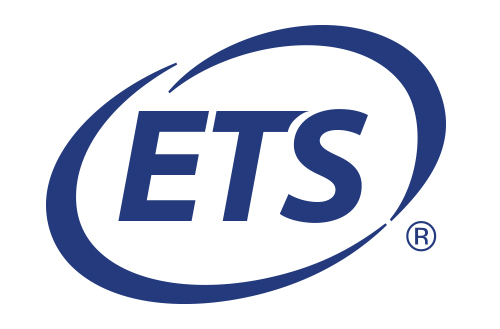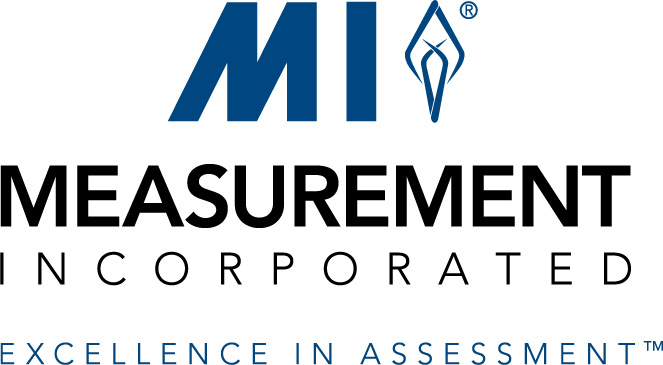ITEMS Portal
Digital Module 08: Foundations of Operational Item Analysis
3.8 (5 votes)
-
Register
- Learner - Free!
Item analysis is an integral part of operational test development and is typically conducted within two popular statistical frameworks: classical test theory (CTT) and item response theory (IRT). In this digital ITEMS module, Dr. Hanwook Yoo and Dr. Ronald K. Hambleton provide an accessible overview of operational item analysis approaches for dichotomously scored items within these frameworks. They review the different stages of test development and associated item analyses to identify poorly performing items and effective item selection. Moreover, they walk through the computational and interpretational steps for CTT- and IRT-based evaluation statistics using simulated data examples and review various graphical displays such as distractor response curves, item characteristic curves, and item information curves. The digital module contains sample data, Excel sheets with various templates and examples, diagnostic quiz questions, data-based activities, curated resources, and a glossary.
Keywords: Classical test theory, CTT, corrections, difficulty, discrimination, distractors, item analysis, item response theory, R Shiny, TAP, test development
Hanwook (Henry) Yoo
Managing Senior Psychometrician
Henry is a managing senior psychometrician in the Psychometric Analysis and Research division at Educational Testing Service (ETS). At ETS, he manages operational psychometric work for graduate admissions programs. He received his Ed.D. in Research and Evaluation Methods Program from the University of Massachusetts, Amherst. His research interests include measurement invariance across subgroups, innovative score reporting, construct validity of English language proficiency assessment, and applications of IRT to computer-based testing. He is a co-author of a bibliography of research on test score reporting, which is available at the NCME website (https://ncme.connectedcommunity.org/ncmedev/viewdocument/score-reporting-bibliography).
Contact Hanwook (Henry) via hyoo@ets.org
Ronald K. Hambleton
Professor Emeritus
Ronald holds the titles of Distinguished University Professor and Executive Director of the Center for Educational Assessment at the University of Massachusetts, Amherst. He earned his Ph.D. in 1969 from the University of Toronto with specialties in psychometric methods and statistics. He is the co-author or co-editor of eight measurement books as well as author or co-author of many research papers, reports, and reviews spanning 50 years on topics such as standard-setting, score reporting, test adaptation, and applications of IRT. He is currently conducting research on a number of topics: computer-based testing, methods and guidelines for adapting tests from one language and culture to another, and design and field-testing of new approaches for reporting test scores.
Contact Ron via rkh@umass.edu

















